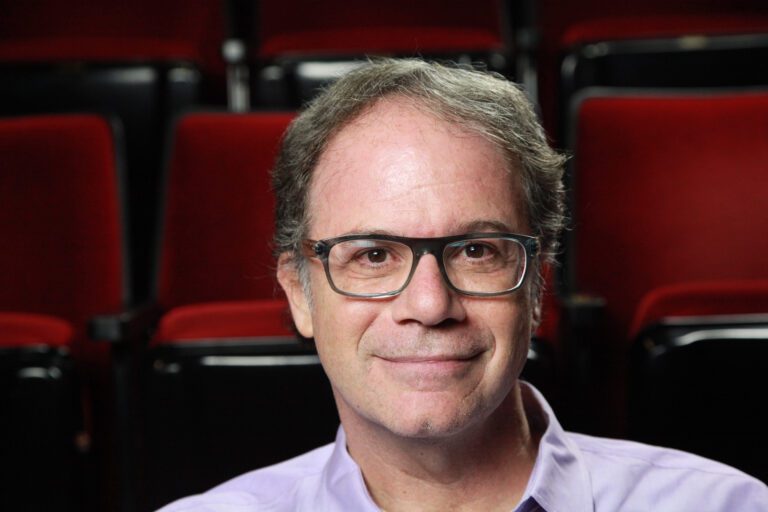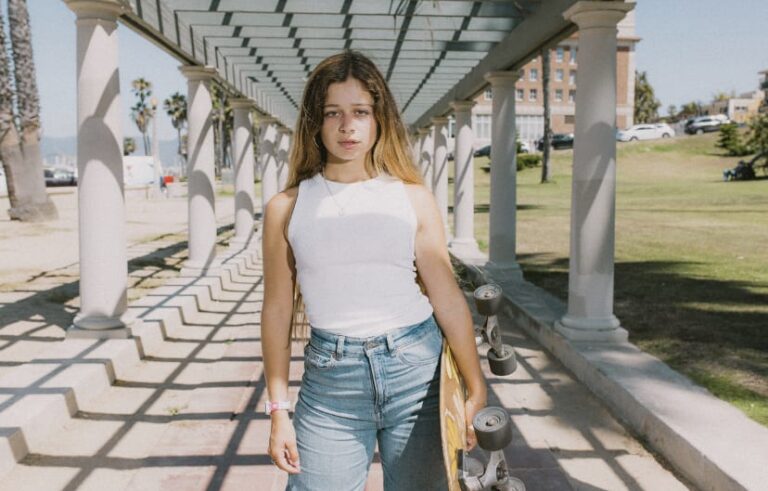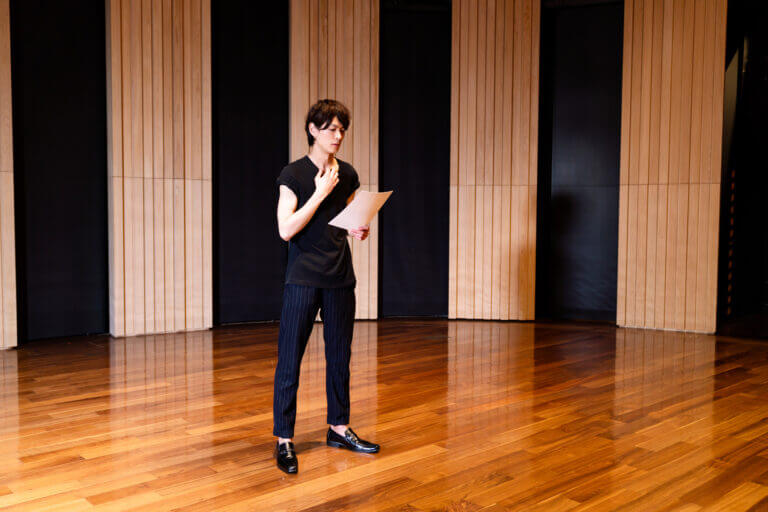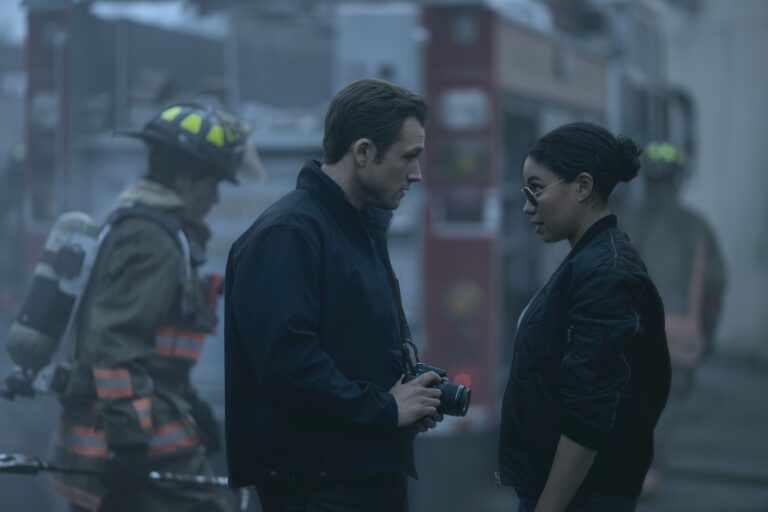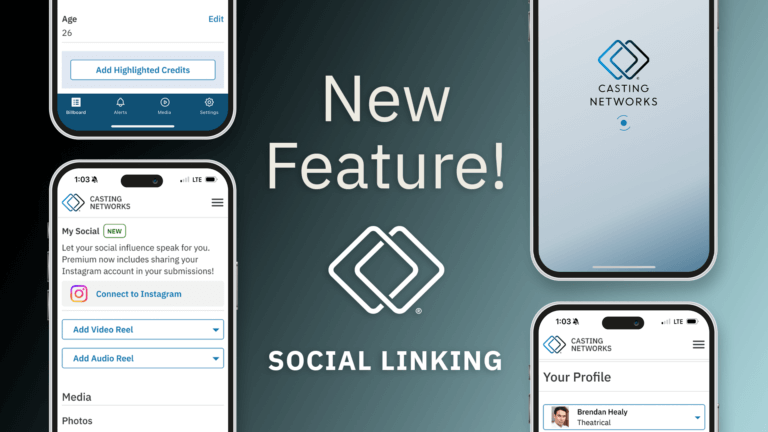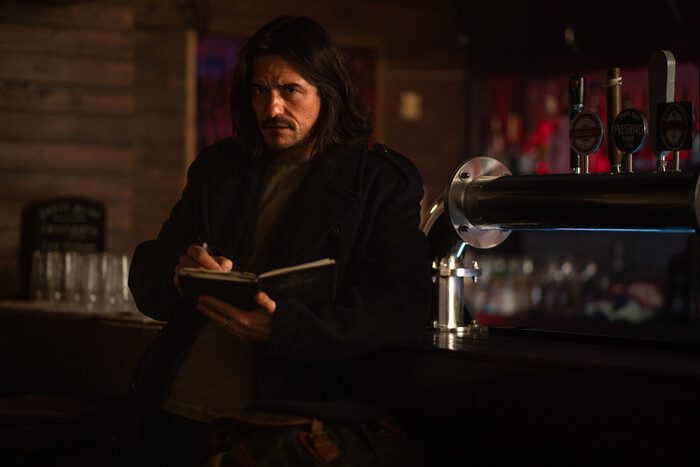Everyone has their own path to casting, but it’s not normally one that starts from the director’s chair. However, that’s where David Guglielmo’s Hollywood story begins.
Originally an indie filmmaker, Guglielmo found casting in the same way that so many others do: by accident. Like so many others, he soon fell in love with it and found his calling. He has worked on such films as The Last Stop in Yuma County, Suitable Flesh and the outstanding drama, The Standoff at Sparrow Creek.
Unlike others, Guglielmo didn’t stop there. He still directs now and again (his latest movie, the thriller Love Bomb, is now available on VOD) and has increasingly taken on producer responsibilities, helping to get more and more indie films made. He took a break from a Western he’s producing in Arizona to chat with us.
Insights: Lessons from David Guglielmo
- Explore roles beyond acting, such as casting or producing, to expand your network and opportunities.
- In auditions, stay true to the script rather than adding your own interpretation.
- Understand and embody the character’s motivations to deliver an authentic audition performance.
How did you get into casting?
I started off as a writer/director. I moved to LA about 12 years ago, and I had a script that I really wanted to make called No Way to Live. I raised money to make that movie piecemeal, so every time I’d have like, $10,000 or so, my co-director and I would go out and shoot just a little bit. We did that for about six months and pieced together a movie.
We had a really great casting director named Matt Lessall. Typically, you work with a casting director for maybe two months prior to a film, but since we worked together for the better part of a year, we really got to know one another and realized we had similar sensibilities and worked really well together. When I was finished with the film, he asked if I wanted to be his assistant.
At the time, I was working at a juice bar, so that was a big step up for me. I assisted him on about 20-something movies, either as an assistant or associate and then I realized that I just loved the job. I loved casting.
What was it about it that you loved?
I’ve always really been obsessed with actors and really love the craft. While I never wanted to be an actor myself, I always relate to the profession and the art form of it. It just became kind of a no-brainer where I was able to stay in the industry and still have a day job.
I think that when you’re just a director, it’s really hard. Even if you’re successful, you’re not going to the office every day, and I’m the kind of person that likes to do that. I like to have a routine.
I imagine being in that world allowed you to make new connections with the writing and directing part of your career.
Absolutely. That’s why I always tell people that there isn’t any one way to do this. I’ve directed two other movies since I started casting, and I’ve produced maybe 20.
When I told people that I was going to go into casting, I did have some discouragement. People said, “if you do that, you’re not going to be thought of as a director,” but I don’t think there are any rules. You have to take whatever path is in front of you and whatever opportunity feels correct and don’t operate out of fear.
To answer your question, my second movie as a director, I met that producer and that financier when I was an associate with Matt Lessall casting a movie. He liked it so much that he just wrote a check for me to do the second one, so it’s always about expanding your network, meeting everybody and also when you really understand what every department head does, and you know the ins and outs and nuts and bolts of making a movie, it’s just, how can you go wrong?
Does this then serve to help you create your own work as a casting director?
A big part of my success has actually been that I understand financing, development and distribution. Not a lot of casting directors dip their feet into that world, but I’m going to the markets and I’m selling movies. I’m understanding what’s working and what’s not, and coming up with different types of finance plans to make these movies.
I don’t want to just wait around for people to say, “hey, I have a movie. We just need a casting director.” I do love that because it’s an easier job for me to have, but I want to create the work. I want to take the great scripts that I read to investors or to distribution companies because there are so many scripts that are just unbelievable and they can’t get financing.
Do you consider yourself a casting director who produces or a producer who casts?
A casting director who produces. It really all started from that. I realized that it’s actually an encouraging thing, because when you see that all of these actors are always talking about how they’re looking for great material, that they’re tired of the formulaic stuff, I’m like, “okay, let’s let them decide what gets made. Then they can steer the ship.”
These people are artists, and it really is a very freeing thing to get one of those people in your movie. It creates a more artistic experience, rather than something that goes through a whole list of studio notes and everything. It comes out the other end looking like a different film.
Wearing your casting hat, do you find that there are common mistakes that people make when they come in to audition?
Well, there are technical things. Like, you have to film horizontally, in widescreen. Also, there’s something that actors may want to do to stand out that I don’t like, [for example], if they want to maybe do a character interpretation of a role that isn’t quite what it is on the page. I never liked that.
I think it’s really about just capturing what’s on the page, because if we’re sending that out, then that’s what the director wants. Once you get the role, I’m sure you can build upon that character and make it your own, but for the audition, stick with what’s on the page.
With that in mind, what piece of advice or wisdom would you give to someone coming in to audition for you?
Know the character. Really feel like you understand the motivations and the thought process behind the dialog. It’s not about memorizing. If it’s not word-perfect, that’s okay. It’s about having those thoughts be your own.
Think about where this person’s coming from, and embody that character. Then there’s something really magical that happens. You get lost in the moment. That’s what being really present is in an audition, and that feels authentic.
Ready to find your next role with Casting Networks? Sign up for a free trial today!
You may also like:







